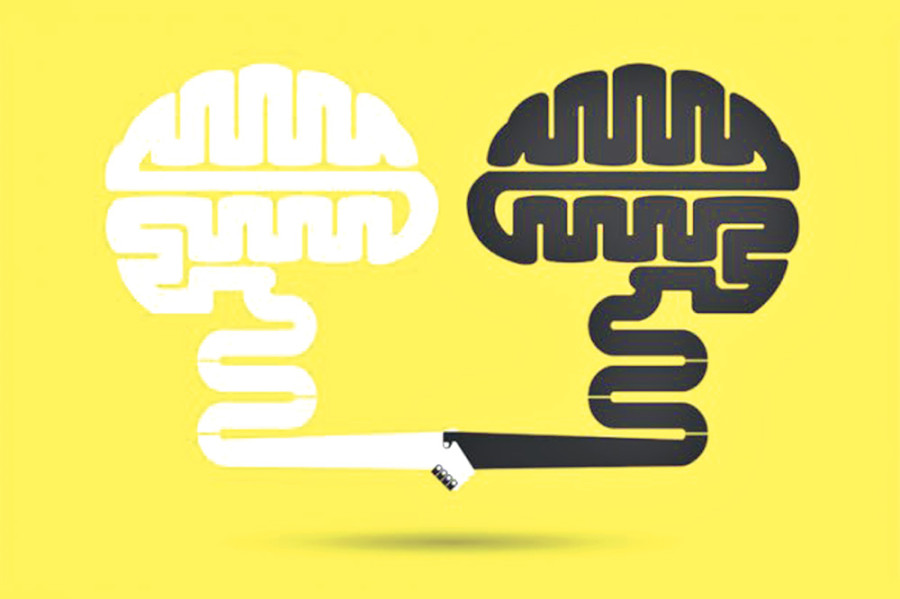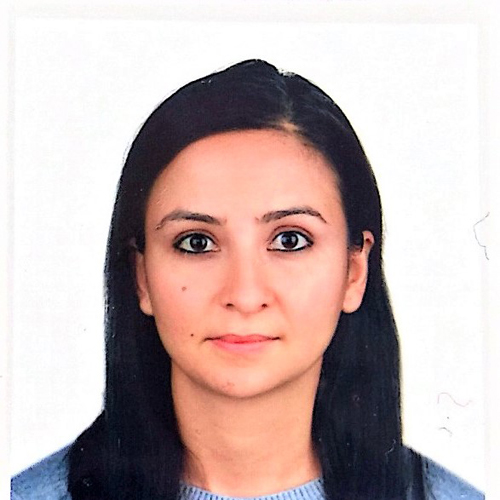Opinion
Speaking for others
To see women with rich experiences devaluing their knowledge because of a constructed hierarchy is disheartening
Anjam Singh
Development workers, activists, social-science researchers all have, among others, one thing in common—they are into the business of speaking for others. While some may consider it as part of their job, others have this entitled sense of the need to ‘save the world’ and represent the voices of those more disadvantaged than them. However, there are issues of ethics and power relations inherent in such acts which rarely form a part of the mainstream discussion.
The questions on the politics of speaking for and representing others have been raised especially in anthropological and feminist scholarship. Chandra Mohanty in her 1988 essay ‘Under Western Eyes: Feminist Scholarship and Colonial Discourses’ critiqued the hegemonic practices of western feminist literature of appropriating third world women’s experiences. She discussed how ‘ethnocentric universality’ and ‘inadequate self-consciousness’ on the part of western feminists led to a monolithic portrayal of third world women. However, the politics of speaking for others is not limited to western hegemonic discourses and practices. There are many axes of power relations that come into play when we speak and act on behalf of others, especially in the context of development practice and research concerning marginalisation and empowerment.
Patron-client relationship
Development practice by virtue of its normative structure engenders relations of power in its language and process by which some people become ‘experts’ and others ‘beneficiaries’. It leads to processes by which those in power design and implement programmes of ‘empowerment’ of others with little input and agency of those who are supposed to be ‘empowered’. The power relations in research seem more subtle but are very much present. Researchers have control over designing, managing and presenting the knowledge with little agency of and accountability towards the researched in the process.
Moreover, power relations are exercised not only through the inherent structure and processes of development practice and research but also shaped by approaches and attitudes of individual actors. Often, there is a visible patron-client relationship in the interactions between the development actors/researchers and the ‘beneficiaries’/researched. Hierarchical sitting arrangements, formal and structured conversations designed by the former with little or no space for the latter to speak or vent their emotions and an entitled sense of knowledge of the former over the latter are some of the patterns of interactions that reflect the exercise of power. During my brief stint as a development worker and now as a researcher working on issues of women’s empowerment, I have been party to several such interactions.
During my fieldwork, women often tell me that they are ignorant and ask me to teach them how to improve their lives. It is disheartening for me to see that these women with rich experiences and stories of their pain, happiness and struggles devaluing their knowledge because of the kind of knowledge hierarchy we have created.
Acknowledging our biases
Although one cannot entirely do away with the hierarchy, being cognisant of such power relations, especially on the part of those in power, and reflecting on them in every step of the process could be one way of not only addressing them, but bringing in more accountability as well. This is where the issues of reflexivity and positionality come into picture. I am not sure to what extent this is possible for mainstream development practitioners, but this is certainly crucial for those involved in research on development.
Lyla Mehta, a development studies expert, argues reflexivity is the conscious attempt to identify how we as researchers influence the research process and how our social positions in terms of class, caste, gender and race play a vital role in shaping the interactions and the knowledge that is produced. She explains that reflexivity requires recognition that knowledge is not an objective truth but is produced through interactions and intersubjectivities of those involved in the process. Therefore, it is only ethical to identify the power relations in the process, find ways to mitigate them and be accountable by acknowledging our biases, conflicts and confusions in the process of knowledge production.
The purpose of this article is not to discourage the act of speaking for others. It does not always have adverse effects. In fact, speaking for others through research and activism has brought about many social changes. However, there needs to be a conscious attempt to question the legitimacy of our authority to represent the voices of others, our position and privilege and our desire to make a difference vis-à-vis people’s right to speak for themselves. Only through the recognition of these power hierarchies in these processes will we be able to find more avenues to mitigate the distance and hierarchies in the production of knowledge.
Singh is a research consultant for Institute of Social Studies Trust, a New-Delhi based non-profit organisation




 11.12°C Kathmandu
11.12°C Kathmandu










